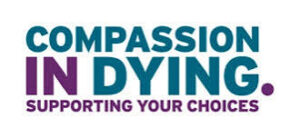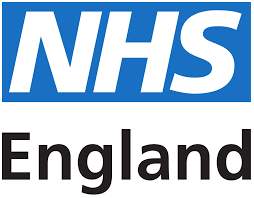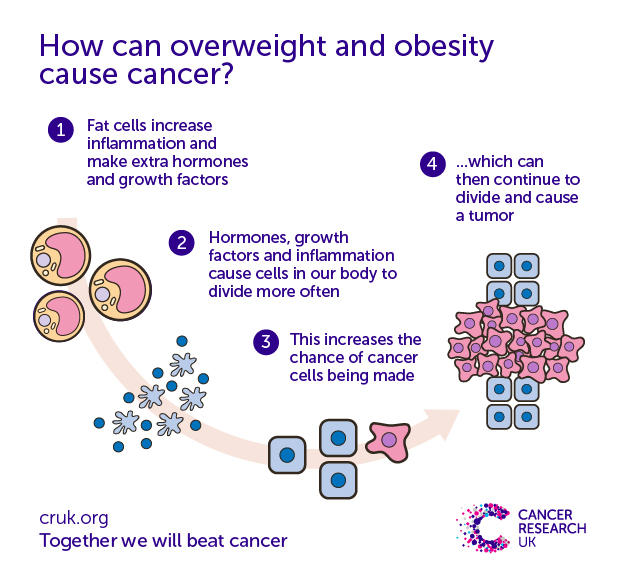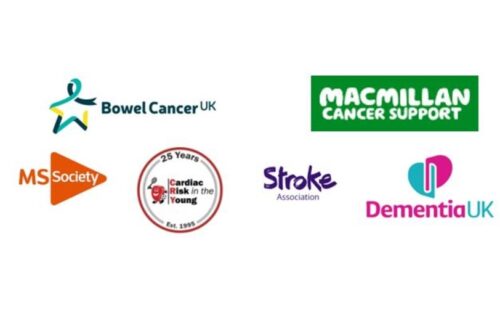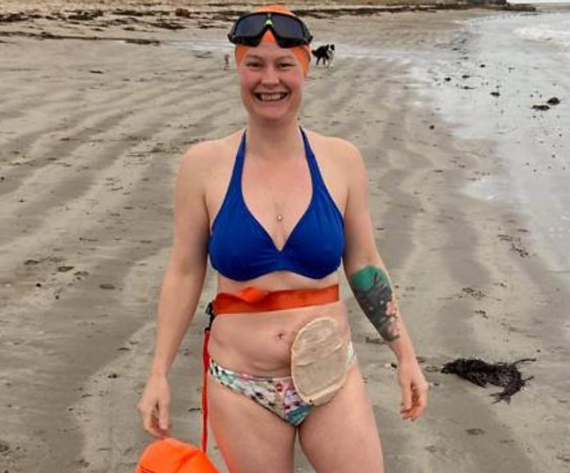 For some 2023 has been a difficult year with the frightening diagnosis of bowel cancer. For others 2023 has been a more optimistic year where treatment has been successful and the most recent scans and blood tests have confirmed the all clear.
For some 2023 has been a difficult year with the frightening diagnosis of bowel cancer. For others 2023 has been a more optimistic year where treatment has been successful and the most recent scans and blood tests have confirmed the all clear.
For all of us, we are not alone in this fight. We are thankful for the professionalism and dedication of NHS doctors, nurses, radiologists, health care assistants and countless other staff who work tirelessly to help us cope with the daunting treatment programmes. Organisations such as Macmillan and Bowel Cancer UK can give us further support and information about our cancer.
Although we at C-Side are not cancer professionals, in our own way we are there to support those that need it, as we have all personally been affected by bowel cancer, as cancer sufferers, cancer survivors, or as family members and loved ones of those who have or who have had bowel cancer.
I’d like to end by wishing all members past, present and future of C-Side a very Merry Christmas and a Happy New Year in 2024.
Steve

